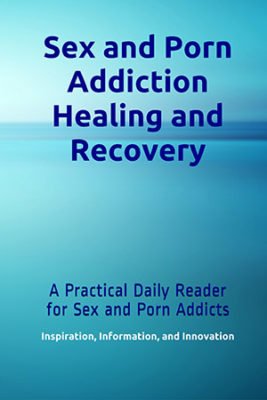
All daily inspirations can be found in the book Sex and Porn Addiction Healing and Recovery. Used here with permission of the author.
Your opinions are your windows to the world. Scrub them off every once in awhile, or the light won’t come in.
In some quarters, there is a fear that sex and porn addiction therapists are trying to be the ‘sex police,’ imposing moral, cultural, or religious values on sexuality. Sadly, this fear is not entirely ungrounded; there are indeed some moralistic or highly religious therapists who misuse and misapply the sex addiction diagnosis, using it to marginalize and pathologize sexual behaviors that don’t mesh with their personal or religious belief systems. Homosexuality, bisexuality, transgenderism, recreational porn use, casual sex, polyamory, and fetishes—all of which fall well within the spectrum of ‘normal’ and ‘healthy’ adult sexuality—have at times been misdiagnosed as sex or porn addiction. In reality, however, the things that turn a person on are completely unrelated to a sex or porn addiction diagnosis.
Task for Today
Think about your personal beliefs about the types of sex that are and are not healthy. Do your beliefs exactly match the beliefs of others in your life?